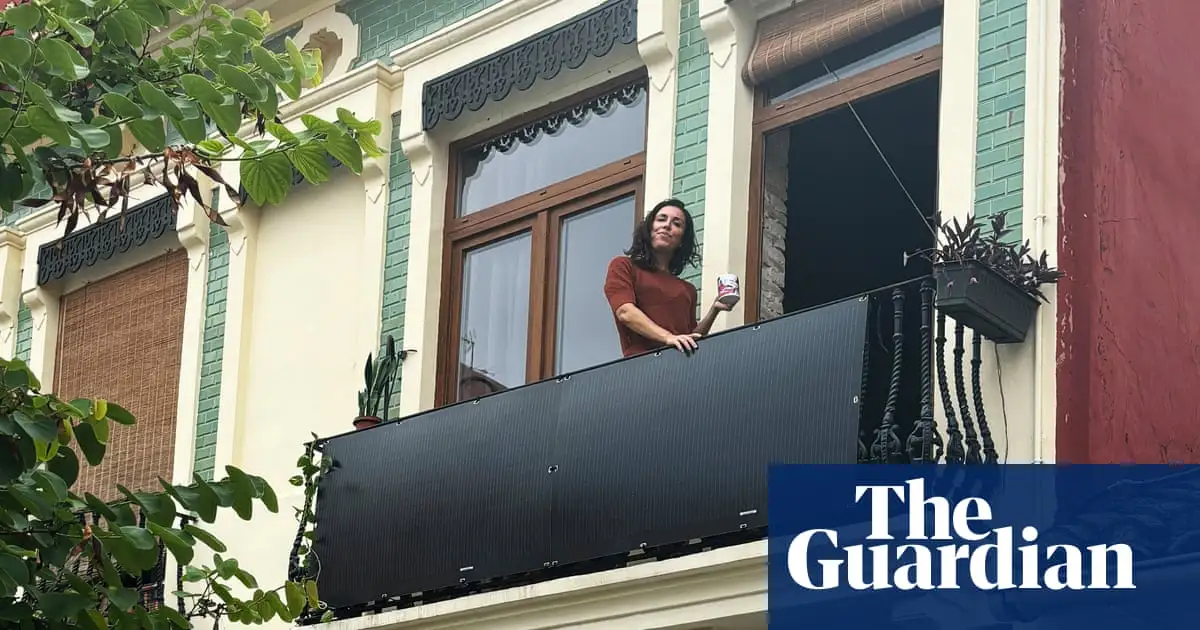‘If 1.5m Germans have them there must be something in it’: how balcony solar is taking off
‘If 1.5m Germans have them there must be something in it’: how balcony solar is taking off
www.theguardian.com
‘If 1.5m Germans have them there must be something in it’: how balcony solar is taking off

Crosspost from https://beehaw.org/post/17685168